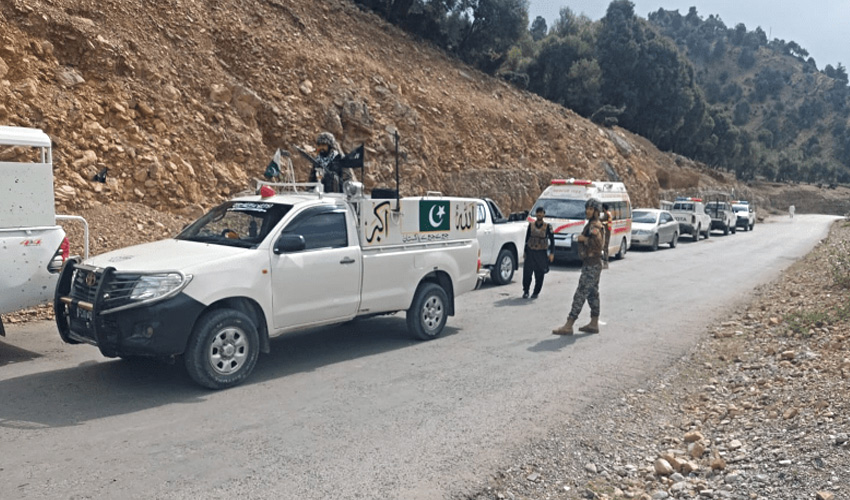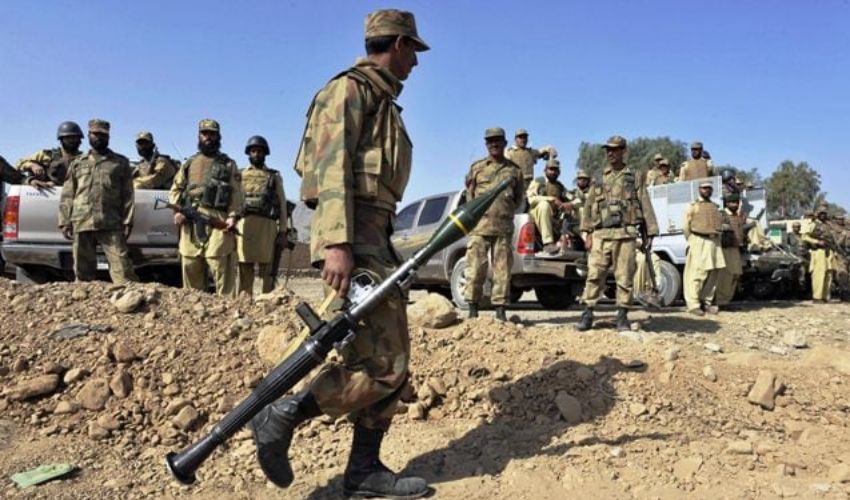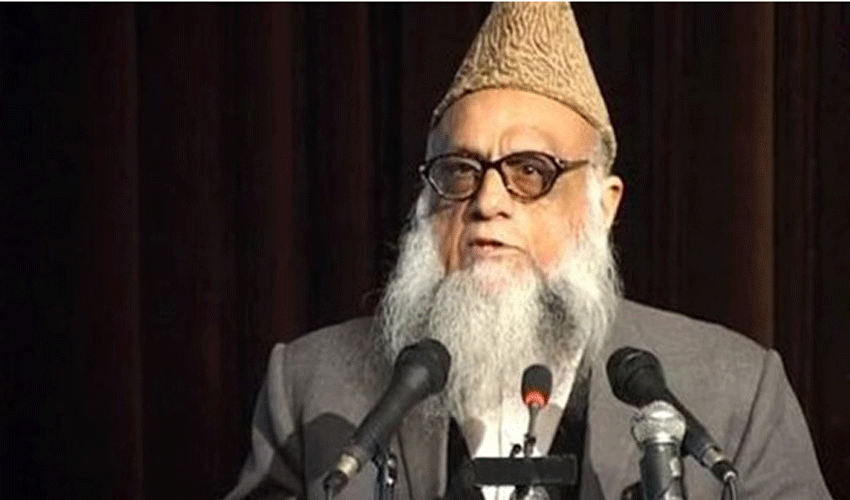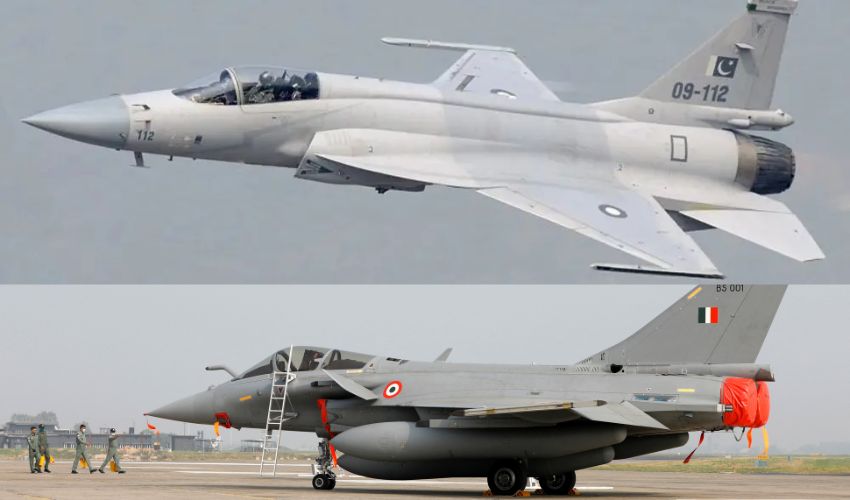Demolition of bunkers and fronts in Kurram district, as part of the peace agreement brokered between warring tribes, is set to begin today.
The decision follows the Kohat peace agreement reached between the warring tribes. Additionally, 12 more trucks carrying essential supplies, including food, beverages, and medicines, have been delivered to the district, offering some relief to the residents enduring the effects of prolonged conflict.
The Deputy Commissioner of Kurram Ashfaq Khan confirmed that demolition activities would commence today at Balash Khel and Khar Kali as part of the peace process.
Under the terms of the peace agreement, all fronts in the district will be demolished by February 1, and weapons used in the tribal clashes will be collected and disposed of. The agreement, finalized earlier this month, was a product of extensive negotiations and aims to bring lasting peace to the region.
Relief trucks arrive
Meanwhile, the district administration has confirmed the delivery of relief supplies to the affected areas of Kurram. Assistant Commissioner Hangu, Manan Khan, reported that 12 trucks filled with vital relief goods had reached Kurram. Seven trucks were dispatched to Tri Mangal, four to Bushra, and one to Gaj Ghari. The delivery, however, was made under strict security arrangements along the Tal Para Chinar highway.
Despite these efforts, the closure of the Para Chinar Tal Main Highway due to ongoing protests has made the transportation of goods and people a difficult task.
Citizens in the region have faced significant hardship due to the blockade, with a convoy of 40 vehicles waiting to travel from Tal to Para Chinar. According to the business community, at least 500 trucks are needed to address the shortages in Upper Kurram effectively.
Shortage of medicines and healthcare strain
The medical situation in Kurram remains dire. Dr. Syed Mir Hassan Jan, the Medical Superintendent at District Headquarters Hospital in Para Chinar, confirmed that medical stores have run out of supplies. The hospital now sees between 2,300 and 2,500 patients every day, further stressing its already overwhelmed facilities. Local officials have also reported a shortage of essential medicines, which has left the population struggling to access proper healthcare.
Iqbal Hussain - President of the Medical Union - highlighted that not a single vehicle in the convoy that arrived yesterday carried the necessary medical supplies.
This shortage is exacerbated by the fact that Kurram's transport routes remain blocked, hindering the delivery of vital resources.
Sit-in continues in Mandori area
In addition to the blockade, a sit-in continues in the Mandori area of Lower Kurram, where protesters are demanding compensation for the victims of the Bagan conflict. The protestors have vowed to continue their demonstration until their demands for relief are met, including compensation for losses sustained during the conflict.
The process of dismantling bunkers in Kurram, a key aspect of the peace agreement, is also set to begin today. Deputy Commissioner Ashfaq Khan directed authorities to start dismantling bunkers in Khar Kali and Balish Khel, one village from each party involved in the conflict. The removal of these fortifications is one of the primary objectives of the peace deal brokered by the government and tribal elders.
A 14-member government team will oversee the dismantling process, ensuring that the structures are removed in compliance with the 14-point peace agreement. These measures are seen as crucial steps toward ensuring long-term stability and reducing the risks of future violence in the region.
Despite the peace agreement, tensions remain high in the region. A recent gunfire attack on a police armored vehicle from a bunker near the Balish Khel checkpoint underlined the ongoing risks posed by such fortifications. Although no casualties were reported, the incident highlighted the need for the dismantling of these structures to prevent further escalation of violence.
The decision to dismantle the bunkers is widely regarded as a necessary action to foster better relations between the conflicting tribal communities. Authorities believe that the move will help sustain peace and prevent further clashes in the future.
In addition to dismantling the bunkers, the district administration has assured that relief operations will continue. The distribution of food and medicines remains a priority as officials strive to ensure that essential supplies reach all affected areas. However, the ongoing blockade and security concerns continue to pose challenges to the timely delivery of these resources.



























